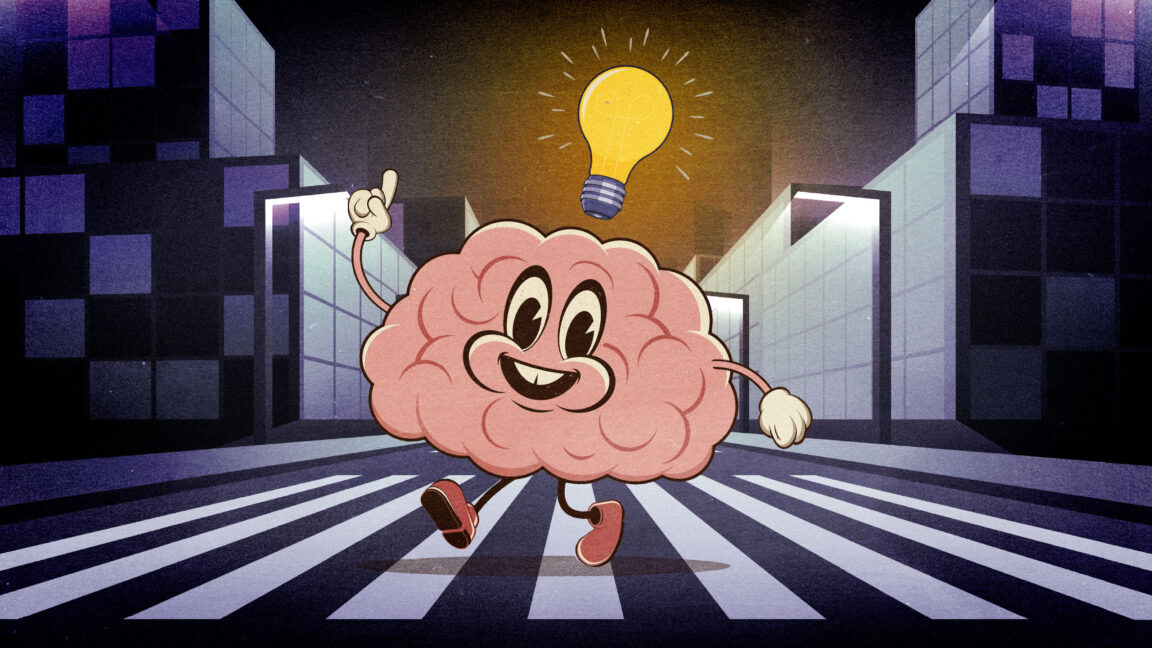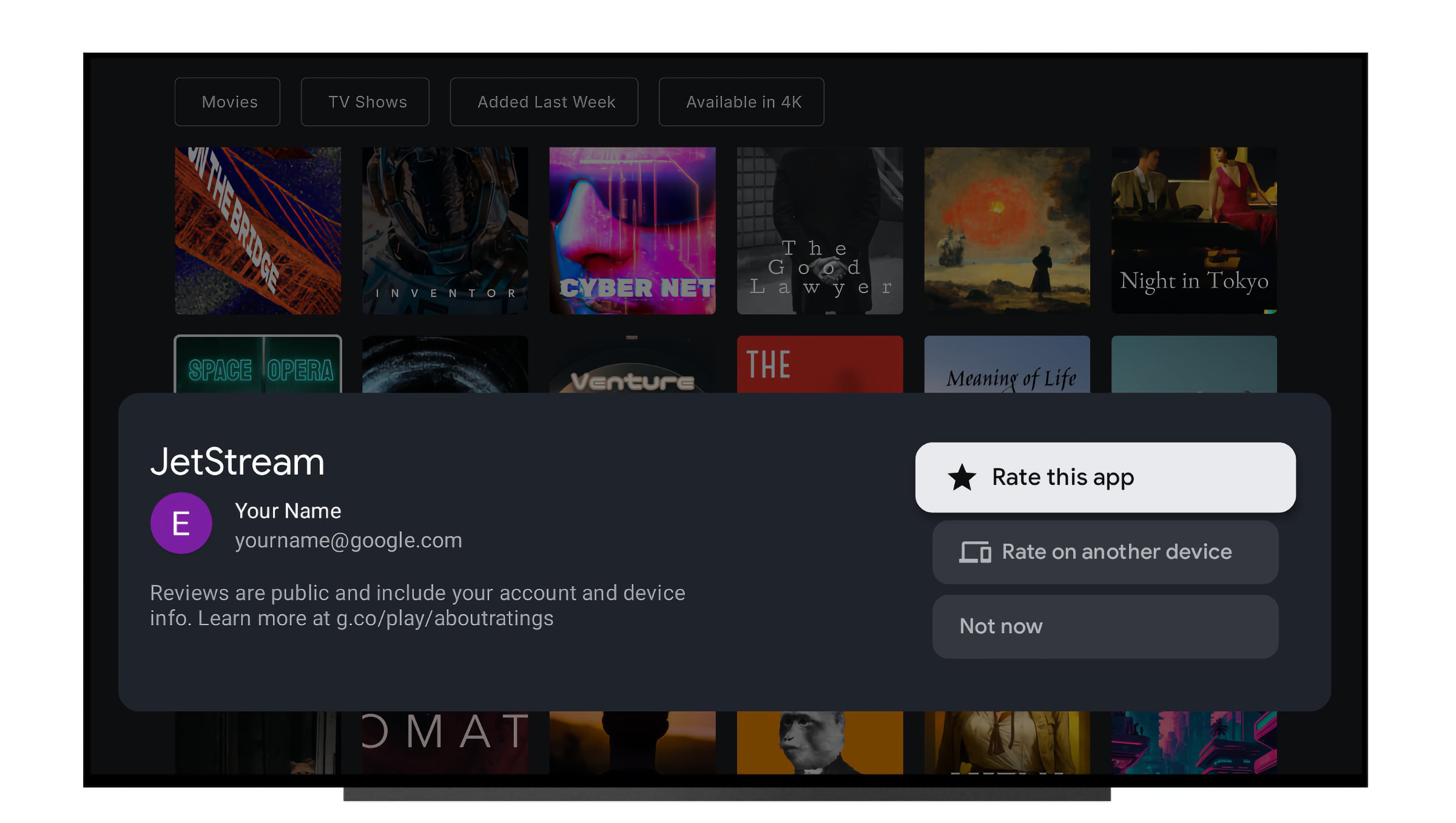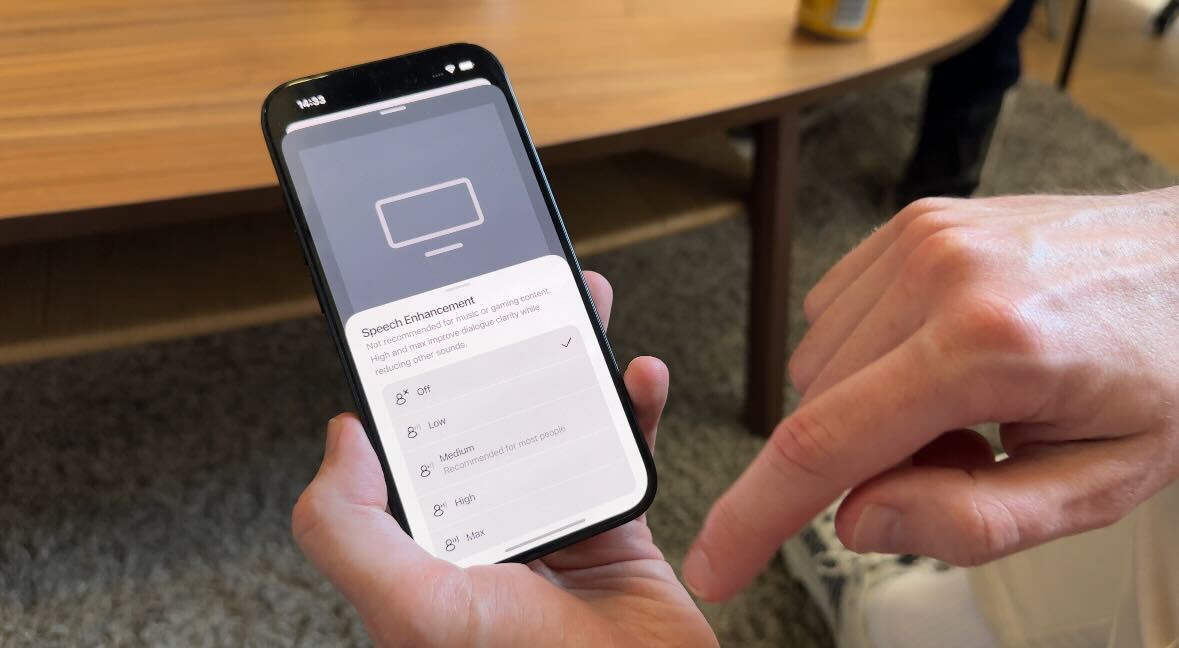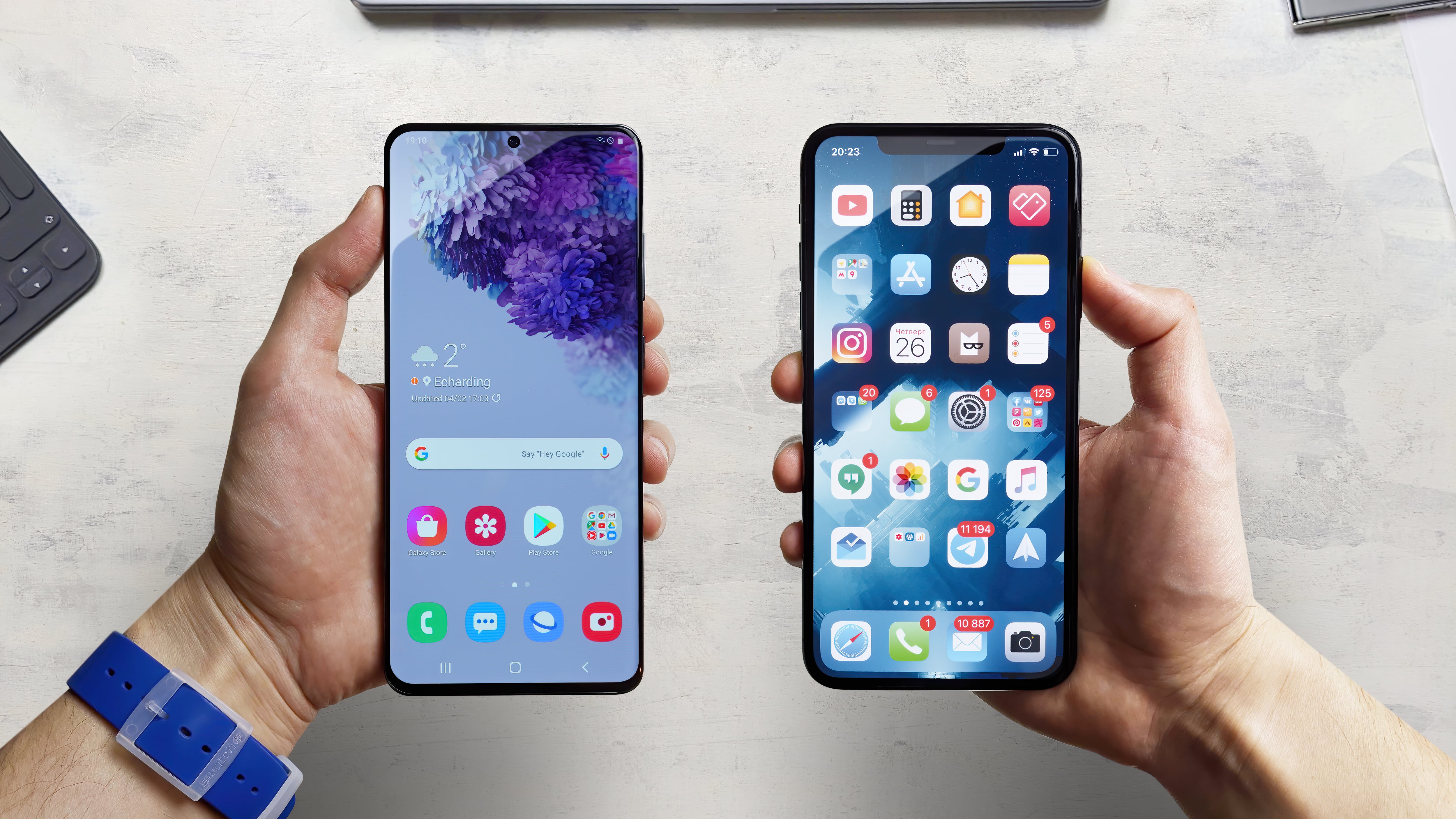Breaking encryption with quantum computers may be easier than we thought
A new research estimates that a quantum computer with 1 million qubits would be able to crack RSA encryption, instead of 20 as previously thought.
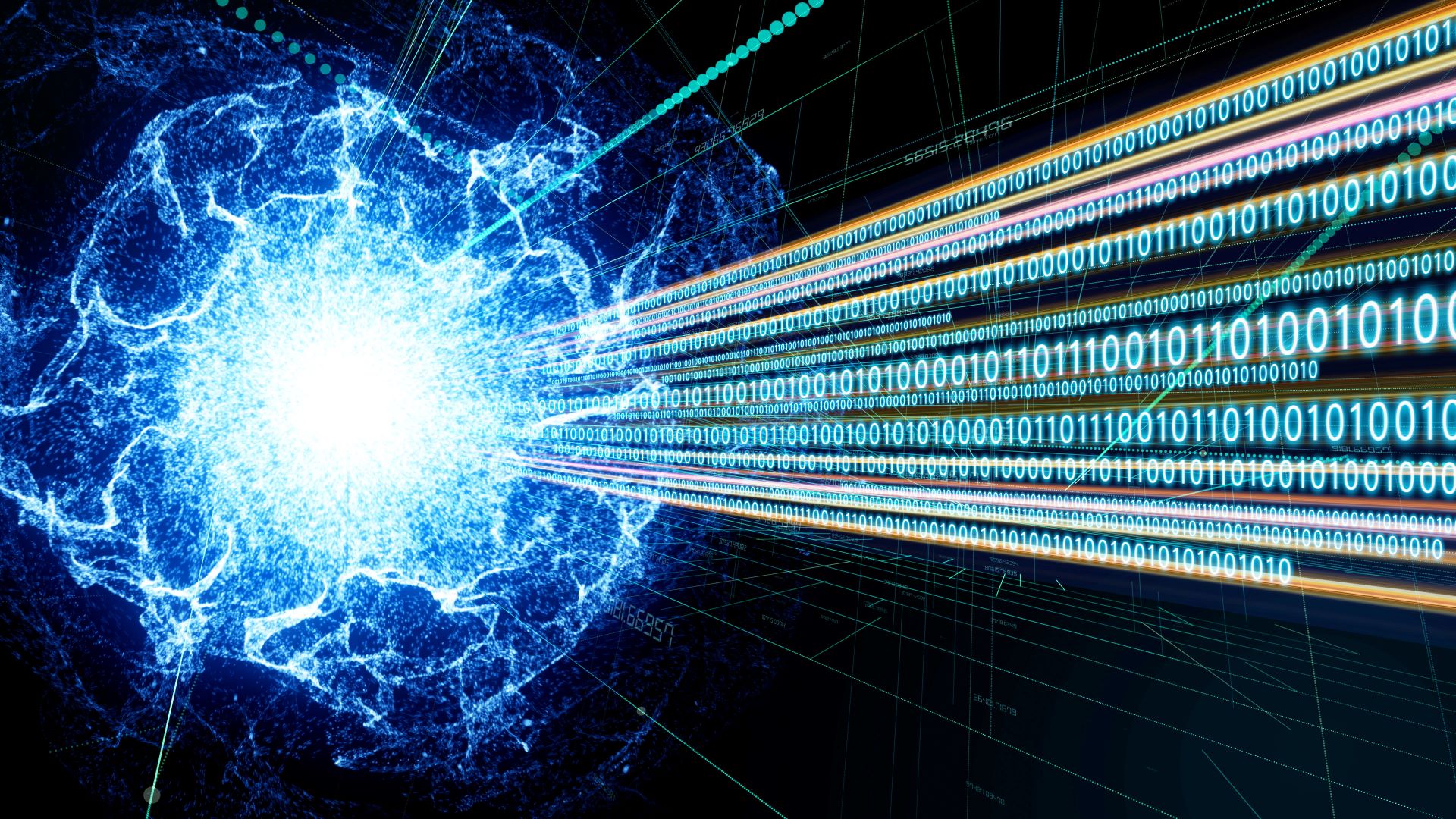
- New research estimates that it could be 20 times easier for quantum computers to break current encryption
- Experts urge software developers to advance their work in developing next-generation cryptography
- Recommendations include that vulnerable systems be deprecated after 2030 and disallowed after 2035
Experts have long warned that the computational power of quantum machines is poised to render current encryption methods obsolete. New research now estimates that it could be 20 times easier for quantum computers to break RSA encryption.
This is why researchers at Google Quantum AI are urging software developers and encryption experts to begin implementing next-generation cryptography. They also recommend that all vulnerable systems should be deprecated after 2030 and disallowed after 2035.
Many across the industry, however, have already begun their post-quantum transitions. These include Big Tech giants like Microsoft, which recently made its latest Windows 11 quantum-proof, as well as popular encrypted services like the best VPN and secure email apps.
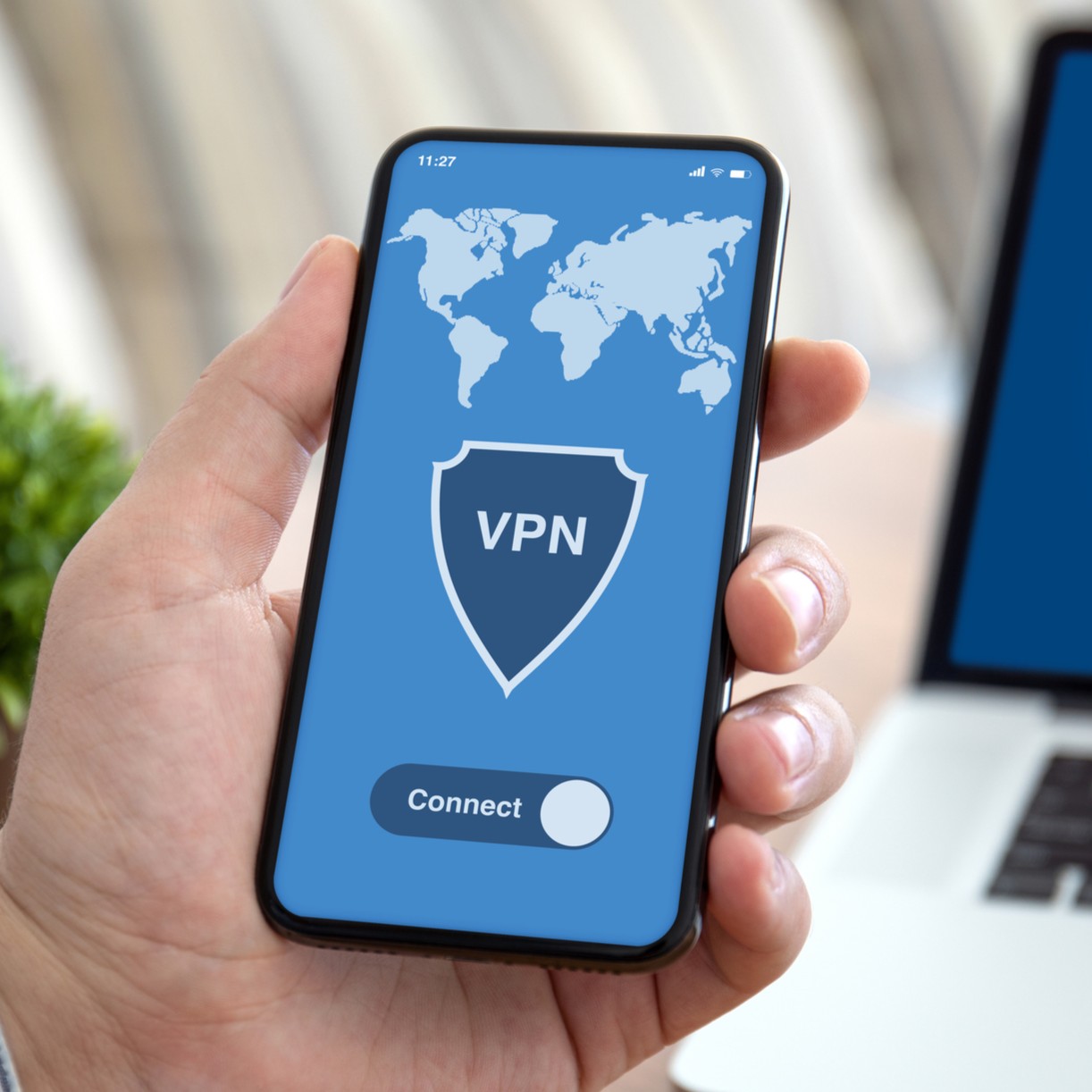
TechRadar needs you! We want to know what you think about the world of VPNs. Whether you're a novice or a VPN pro, we want to hear your thoughts. Don't worry, though, your responses are completely anonymous, and it takes less than five minutes to complete!
To take part, click the link below: https://futurenet.questionpro.eu/tr-vpn
Breaking encryption may be 20 times easier
Encryption is a technology that software uses to scramble information into an unreadable form to prevent unauthorized access. Developed in the late 1970s, RSA-based key exchange is the most common technique, which involves generating two public keys – an encryption key and a decryption key.
Quantum computers are set to break RSA-based techniques, though, as these machines can run computations that today's computers can't handle, within minutes.
As lead researchers, Craig Gidney noted in the paper, the new research considerably lowers his previous estimation of the resources that a quantum computer may need to break RSA encryption. From 20 million quibits (the equivalent of a bit in classic computing) to only 1 million quibits.
"My hope is that this provides a signpost for the current state of the art in quantum factoring, and informs how quickly quantum-safe cryptosystems should be deployed," wrote Gidney.
Gidney also echoed the suggestion coming from the National Institute of Standards and Technology (NIST) that vulnerable systems should all be deprecated in five years' time.
"Not because I expect sufficiently large quantum computers to exist by 2030, but because I prefer security not to be contingent on progress being slow," he wrote.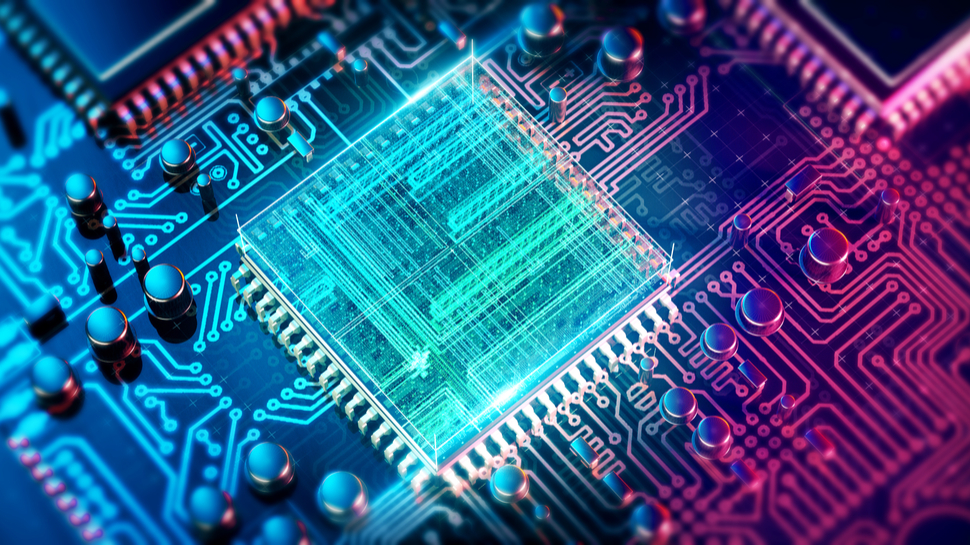
Gidney's revelations don't come as a cold shower for the industry, however.
For example, the team behind encrypted email and cloud drive Tuta began work on quantum-resistant encryption in 2020, becoming the first quantum-resistant email service with a hybrid protocol in 2024.
"Google's breakthrough in quantum computing proves what we at Tuta Mail have been believing in for years already: The timeframe during which our currently encrypted data can still be considered secure could be much shorter than what we expect," Tuta CEO Matthias Pfau told TechRadar.
For NordVPN, which recently expanded post-quantum encryption (PQE) to all applications, it's a no-brainer. "Transitioning from classical cryptography to PQC is not a matter of ‘if’, but ‘when’ – and that planning must begin now," said Marijus Briedis, CTO at NordVPN.
Surfshark's Lead Systems Engineer, Karolis Kaciulis, also agrees that the quantum era could come sooner than the world expected. "However, I don’t think it would be right to try to predict the exact time," he said, adding that the team is taking the time to fully evaluate PQE across their platforms before implementing it.
According to ExpressVPN, this latest research is further confirmation that there's "no firm consensus" across the industry when it comes to quantum computing. Nonetheless, the team first added PQE protection on its Lightway protocol in 2023, then upgraded to the NIST standards last January.
"The core premise of the research is certainly interesting, but doesn’t change anything practically. Given the potential for ‘store now, decrypt later’ attacks, we must have protection against these threats today, as quantum computers will work perfectly well retrospectively on data captured years – or even decades – before," said Pete Membrey, Chief Research Officer at ExpressVPN.
Also for Proton, the provider behind Proton VPN and Proton Mail, these new revelations shouldn't be a reason to panic but rather a "call to stay on track with developing and rolling out quantum-resistant encryption," Proton's CTO, Bart Butler, told TechRadar.





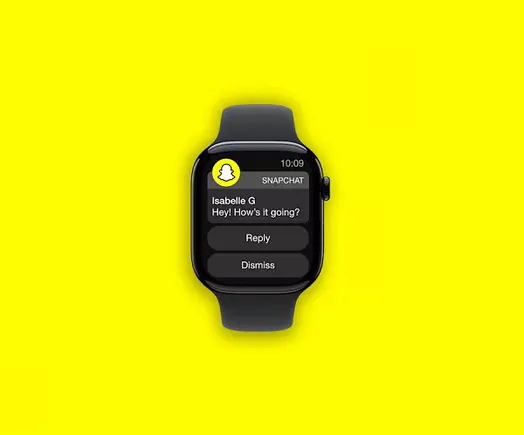
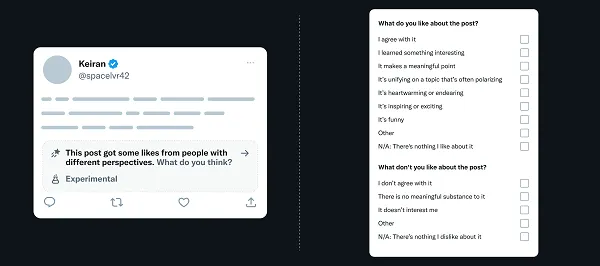


























































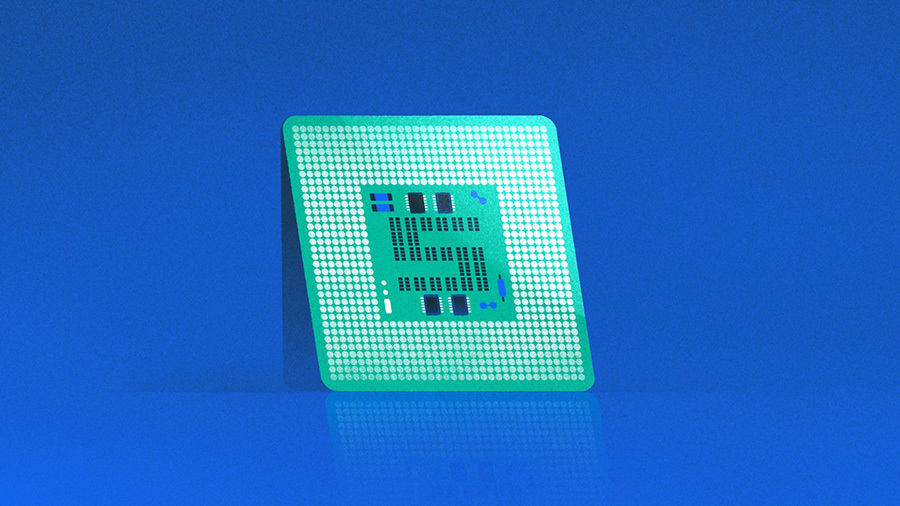























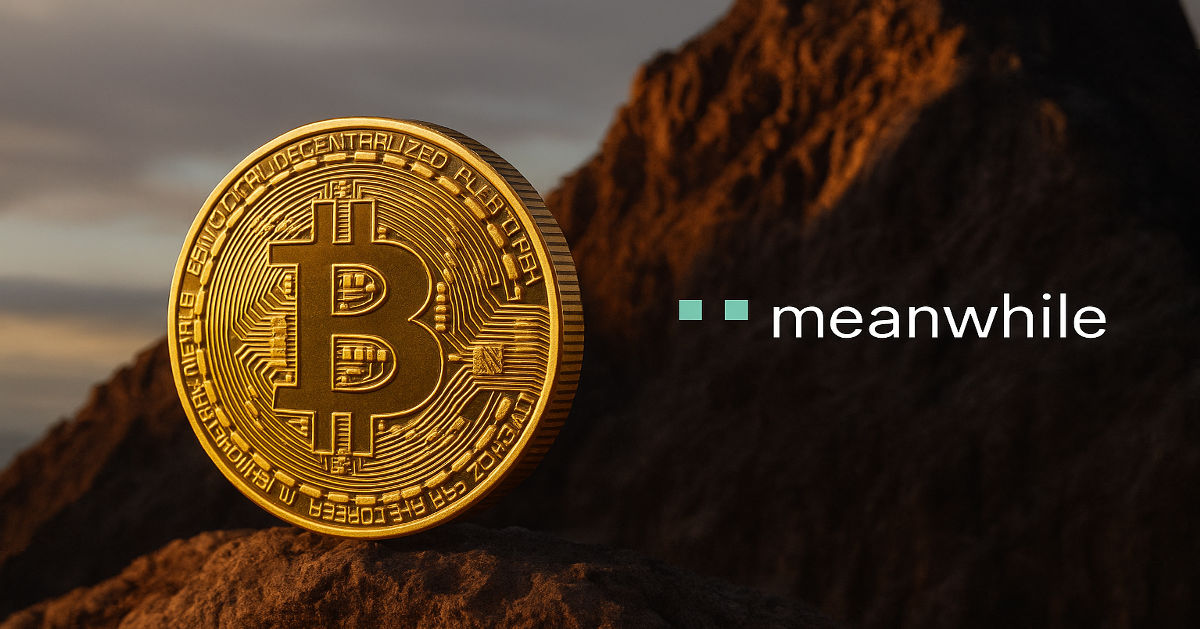








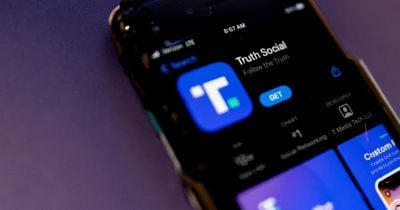





































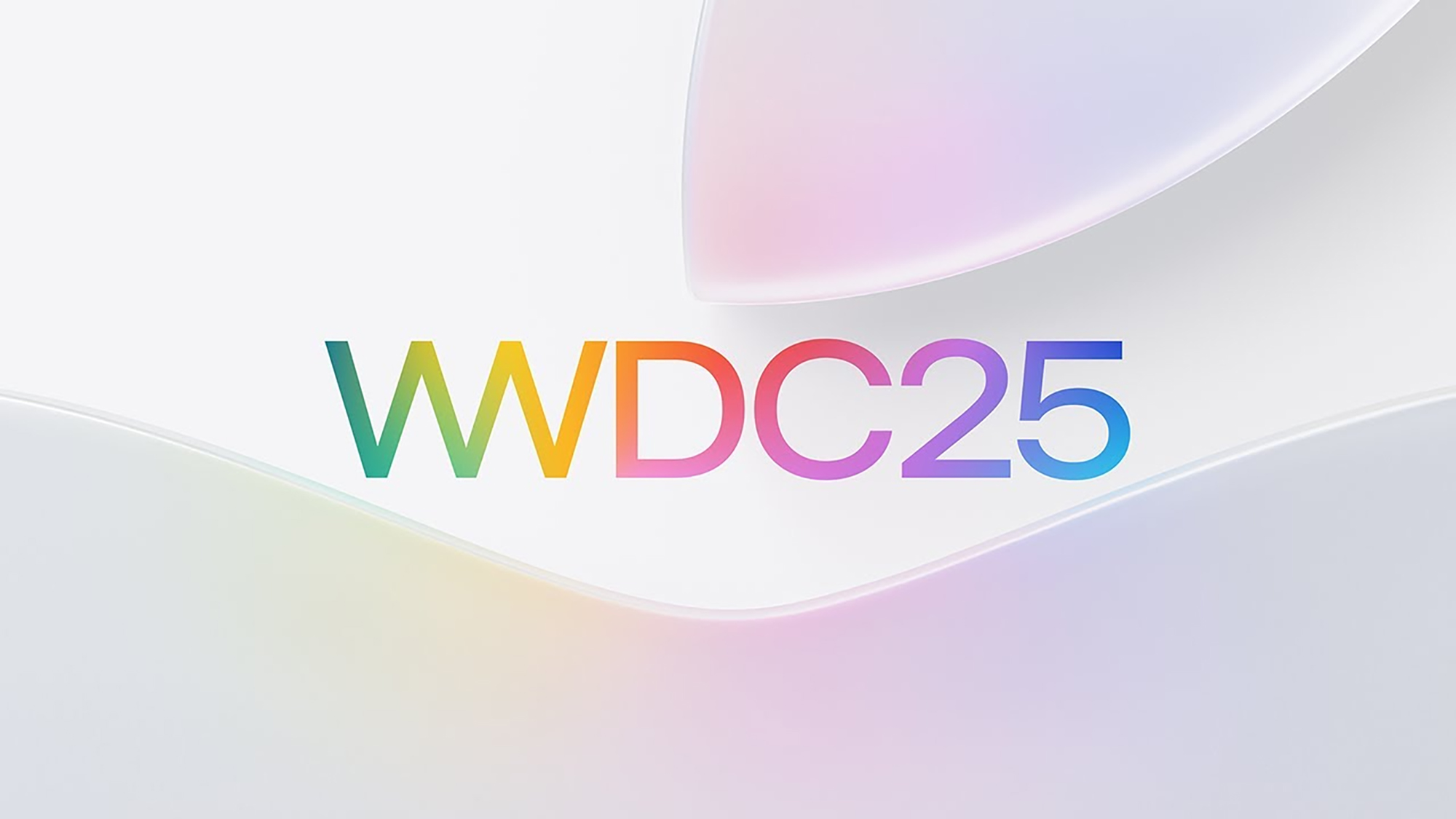



































_.png)










